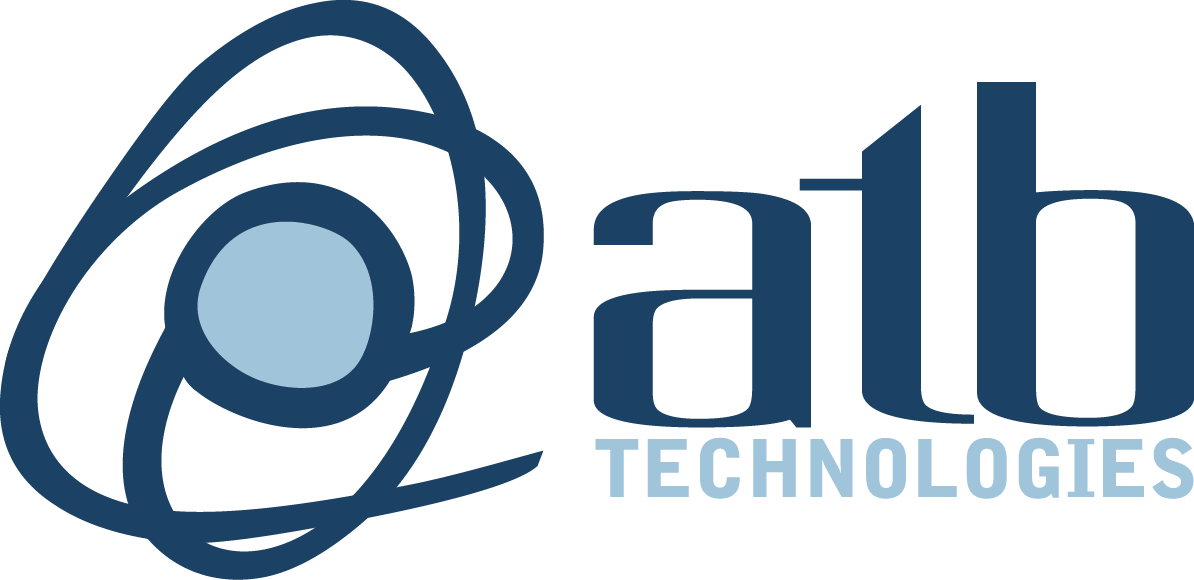[x_section style=”margin: 0px -45px -25px -45px; padding: 45px 0px 0px 0px; “][x_row inner_container=”true” marginless_columns=”false” bg_color=”” style=”margin: 0px auto 0px auto; padding: 0px 0px 0px 0px; “][x_column bg_color=”” type=”1/1″ style=”padding: 0px 0px 0px 0px; “][x_text] The past five years have brought incredible advances in every industry. This rapid growth in technologies such as cloud deployment, machine learning, AI, and IoT have changed the way companies do business.
The past five years have brought incredible advances in every industry. This rapid growth in technologies such as cloud deployment, machine learning, AI, and IoT have changed the way companies do business.
It’s both a blessing and a curse; modern digital tools simplify processes and increase productivity. But the rate of evolution means legacy systems have quickly become outdated. It’s not only bleeding-edge tech that causes this—legacy ERPs weren’t designed with a modern business model in mind. Much has changed both in the way that organizations conduct business, and most probably within the walls of your own organization, in terms of number of employees, breadth of products or services, and reach.
All of these changes make software audits critical to your organization’s long-term success. Audits help to ensure that systems run smoothly and that objectives are being met. In theory, it’s an ideal model. The problem is that most audits are highly reactive: A CEO realizes that the company’s legacy ERP software no longer supports the business model, or that there’s a bottleneck in the software. In this case, an audit is skipped in favor of creating temporary workarounds. Reactive solutions like these are costly.
The Unintended Costs of an Outdated ERP
According to Forrester, about half of ERP customers are on releases that are two versions behind the current release, which may be four years old or more.
Upgrading an ERP system can be expensive and time consuming. But the truth is that skipping or delaying a major ERP upgrade only delays costs, it doesn’t prevent them. Continuing to use an outdated ERP solution means spending more in three areas
- Maintenance
Maintaining a legacy ERP system can take up to 90% of a typical IT budget. So rather than spending the majority of budget on innovating for the future, companies are caught in a cycle of constant maintenance, paying exorbitant fees just to keep up. - Reactive decision-making
Outdated ERPs may cause a bottleneck in workflow. When this happens, management is forced to make split-second decisions, purchasing software that provides a temporary solution, but could lead to disparate software fixes that don’t work together and require additional resources to run. - Lack of transparency
An integrated ERP solution provides CEOs with critical information needed to make smarter, data-driven decisions. Without this transparent view of workflow, processes and profit margins, CEOs don’t have a clear picture of their organization and are forced to make decisions based on partial information.
While the benefits are clear, the actual implementation of regular audits can be overwhelming. Where to start? And what areas are most important?
Start Here: 3 Critical Components of a Proactive ERP Audit
Allowing your company a longer runway to choose the best ERP solution for your business needs (and potential growth) will save money and headaches down the road. One of the most common questions is “Where do we start?” There are three core components to consider when auditing ERP software.
- Performance
How well is your ERP functioning? Are users taking full advantage of its features, are there some features that aren’t used at all? Does the software flow match the actual work flow? If you supplement your existing legacy ERP system with other software solutions, take a closer look. Every silo should be designed within your ERP for a complete end-to-end solution. - Security
The beauty of a strong ERP solution is that every department can use it to work more efficiently. Are there departments or employee segments that don’t have access to your current ERP? Although keeping sensitive customer and employee information secure is critical, setting up permissions would allow for greater transparency within your organization. The right ERP solution will let you assign every employee the appropriate roles and permissions in order to optimize productivity. - Reporting
Reporting is a critical function of a strong ERP solution. With legacy systems, monthly reports can take a week or more to complete and distribute. By this time, the data is outdated and not nearly as useful. A modern ERP system allows for real-time reporting, which means department managers can be given more autonomy and CEOs can make informed decisions on the fly.
Once you’ve audited your current ERP system and determined your company’s performance, security, and reporting needs, you can turn your focus to finding a solution that will not only work better but will provide a much stronger ROI.
A Modern ERP can save your company millions in ROI
96% of IT leaders believe their ERP system does not offer them a competitive advantage, according to a survey in CIO magazine. That’s most likely because they’re running a legacy ERP solution that doesn’t meet their current needs. A modern ERP solution
- Is configured for today’s business model
The 9-to-5 work day of the past has given way to a 24/7 mobile workforce. Modern ERPs make it possible for remote and field workers to remain productive, regardless of where or when they are working. They also connect every business department and all processes to increase efficiency and transparency. Say goodbye to the end-of-month scramble to create reports, in favor of real-time data that requires fewer resources and allows for smarter, faster decision making. - Offers greater security
ERP security breaches costs companies an average of $5 million, according to a 2017 ERP Security Survey. Still, about 33% of organizations haven’t taken any initiative toward their ERP security. Misconfigured or outdated systems are especially vulnerable. That’s why it’s imperative to have a team—either in-house or outsourced—dedicated to the ongoing maintenance and security of your ERP solution. A modern ERP solution allows you to create specific permission levels and roles for every employee, ensuring sensitive data stays secure. - Allows CEOs to scale without increasing budget
A modern ERP can handle the mundane tasks that employees were paid to handle just a few years ago. That means company growth isn’t hampered by a lack of resources or staffing. When you scale your business with technology that can handle increasing loads of data without hiring more people, you save money and increase productivity.
If your current ERP system doesn’t quite fit your business model, lacks the security you need, or doesn’t have the ability to scale as your business grows, it’s time to consider a modern solution. A software-agnostic consultant can help you customize an ERP solution that best fits your company’s needs.
About ATB Technologies: St. Louis’ premier software-agnostic ERP consultants
ATB is a software-agnostic technology provider, with expertise in both cloud and on-premise infrastructure, software development and ERP implementation. Our expertise in the changing ERP landscape puts us in a unique position to develop a custom solution that fits the needs of your company. We manage every step of the process from design and architecture to implementation and ongoing management.
With a focus on what your company needs out of its ERP software, we research the best solution—regardless of brand—and hold ourselves accountable for the end result.
That means we’ll help you choose the perfect solution. And we’ll work tirelessly to ensure it runs seamlessly and provides the desired ROI.
We’ll serve as the buffer between your company and the software vendor, as well as between management and apprehensive employees, to safeguard against delays, conflict, and cost overruns.
Schedule a free consultation with our team of ERP experts and we’ll start looking into the right ERP solution for you today.[/x_text][x_prompt type=”left” title=”Call Us Today” message=”Give us a call: 314-878-4166″ button_text=”Contact Us Online” button_icon=”comment” circle=”false” href=”/contact/” href_title=”” target=””][/x_column][/x_row][/x_section]
